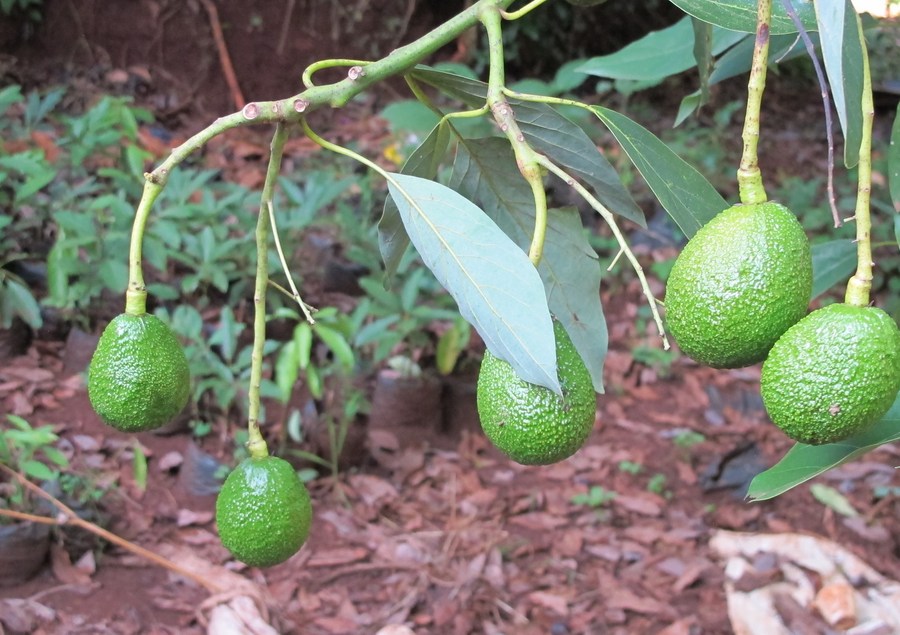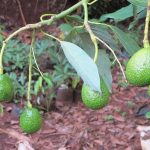NAIROBI(SONNA) As crop diseases and pests rise in Kenya amid a rapidly changing climate that has been characterized by extreme weather patterns that include heavy rains and lengthy dry and cold periods, Kenyan small farmers are finding respite in avocados.
The crop, which is resilient to the effects of climate change, has found favor with smallholders in the East African nation as it gives them a much reliable option.
Unlike other crops grown in Kenya, avocados can be farmed in many parts of the nation, from the central region to the west and south.
These regions have different climatic conditions, but the crop is adaptable in most.
The adaptability, coupled with their huge market both locally and abroad, has made avocados the crop of choice for small farmers keen to earn from their agribusinesses despite the unpredictable weather pattern.
In some counties in Kenya, farmers have uprooted other crops like coffee and tea to grow avocados.
In Murang’a, central Kenya, for instance, many farms that initially hosted tea, coffee and horticultural crops are now dotted with avocados mainly grown for export.
Farmers switched to avocados after they realized their coffee and tea bushes were being affected in particular by frequent dry and cold spells, leading to low yields.
“With avocados, you don’t worry whether there is a dry or cold spell because the fruits will still thrive,” said Bernard Ng’ang’a, a farmer.
The crop, according to him, is also less attacked by common pests like mealybugs and diseases that ravage other crops, but one has to guard against fruit flies. The pests have become aggressive on Kenyan farms, emboldened by dry periods that favor their multiplication.
Ng’ang’a, as many other farmers across Kenya, grows the Hass avocado variety, which he sells to exporting agents who ship the fruits to Europe, America, Middle East, and China.
“From an acre of avocados, one earns at least 500,000 shillings (about 4,541 U.S. dollars) in a good season,” said Ng’ang’a.
Besides its resilience and wide market, many small farmers in Kenya have also embraced avocados because they can grow them alongside other crops like beans, maize and onions.
” In case one crop fails, they harvest the other, which is a climate-smart way of farming,” said Beatrice Macharia of Growth Point, an agro-consultancy in Kajiado County.
The embracing of the crop has handed a huge market to seedlings’ propagators, who sell them in the thousands.
Isaac Kinale, who propagates avocados in Murang’a County, noted that the market is insatiable.
“We graft traditional and Hass varieties to end up with hardy seedlings that each goes for 1.82 dollars. While the traditional varieties are resistant to pests and diseases and erratic weather, the Hass variety yields more. Farmers thus end up with quality fruits,” said Kinale.
The Avocado Society of Kenya (ASK) noted that fruits grown in the country are loved globally because they are farmed naturally under the equatorial sunshine.
Kenya is an important exporter of avocados globally, with 85 percent of the fruits grown by smallholders.
The East African nation’s avocado exports rose 15 percent to 68,000 metric tonnes as of October 2020, according to the Fresh Produce Exporters Association of Kenya, earning the country 127 million dollars.
Source:xinhua





